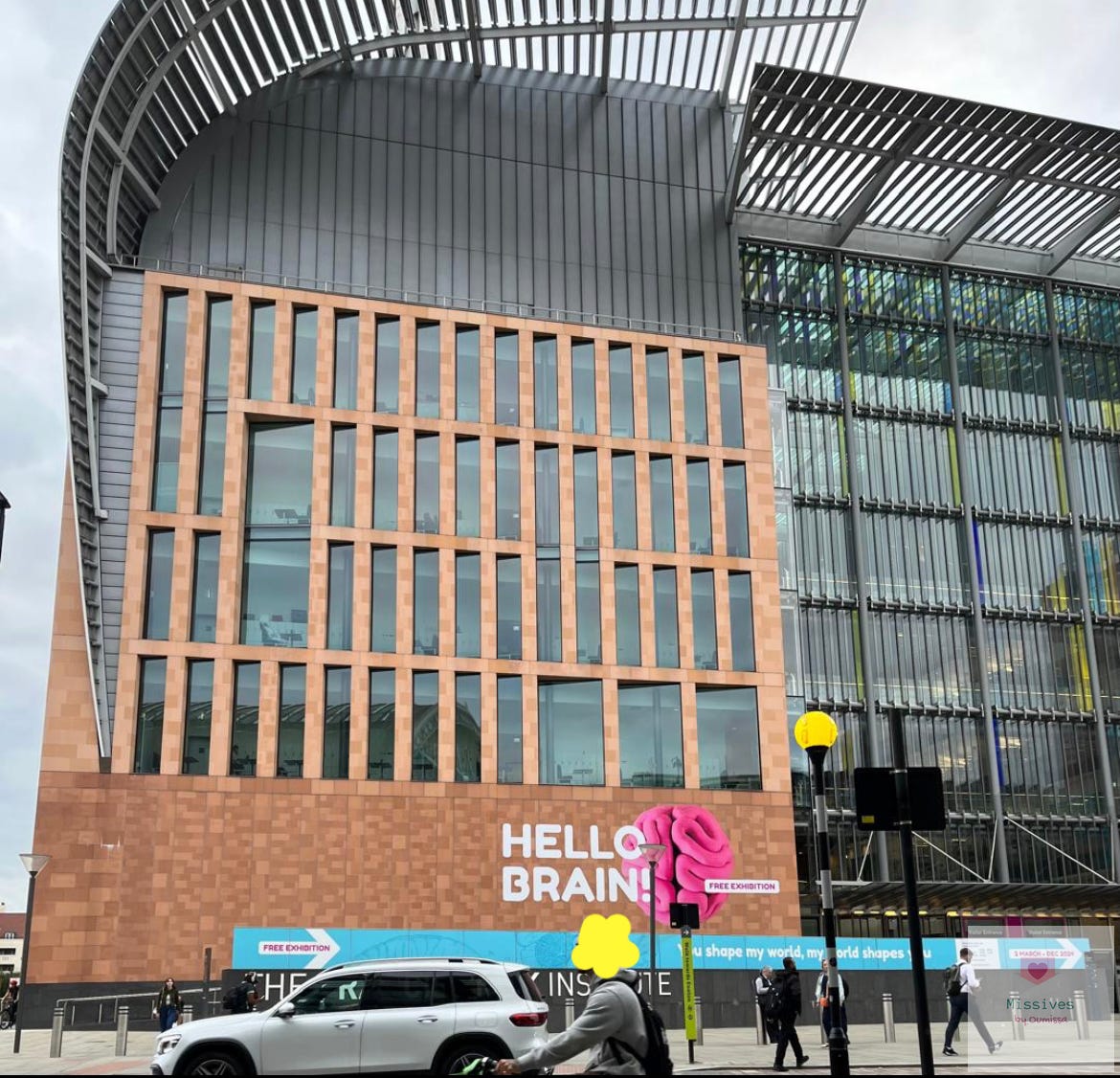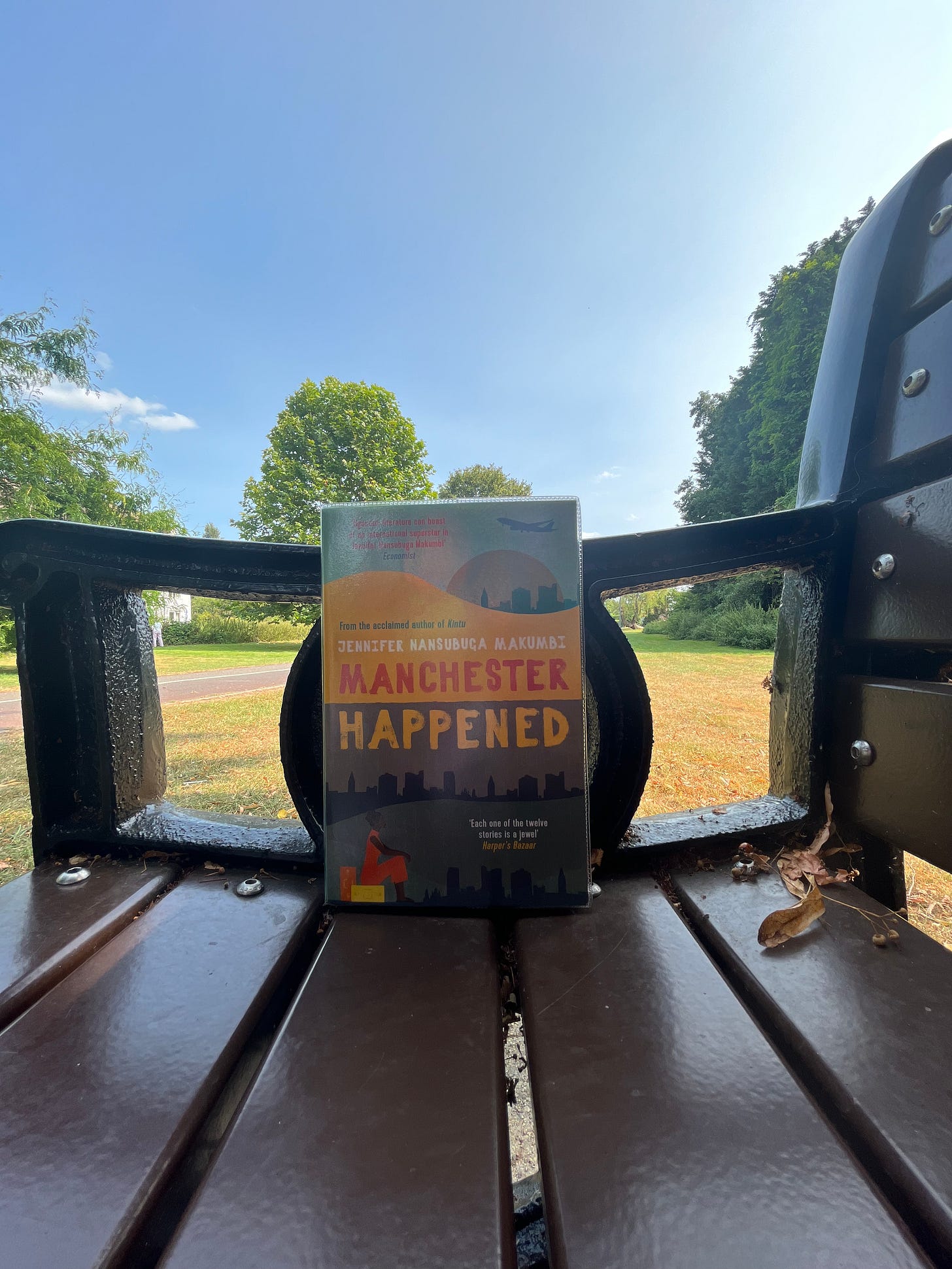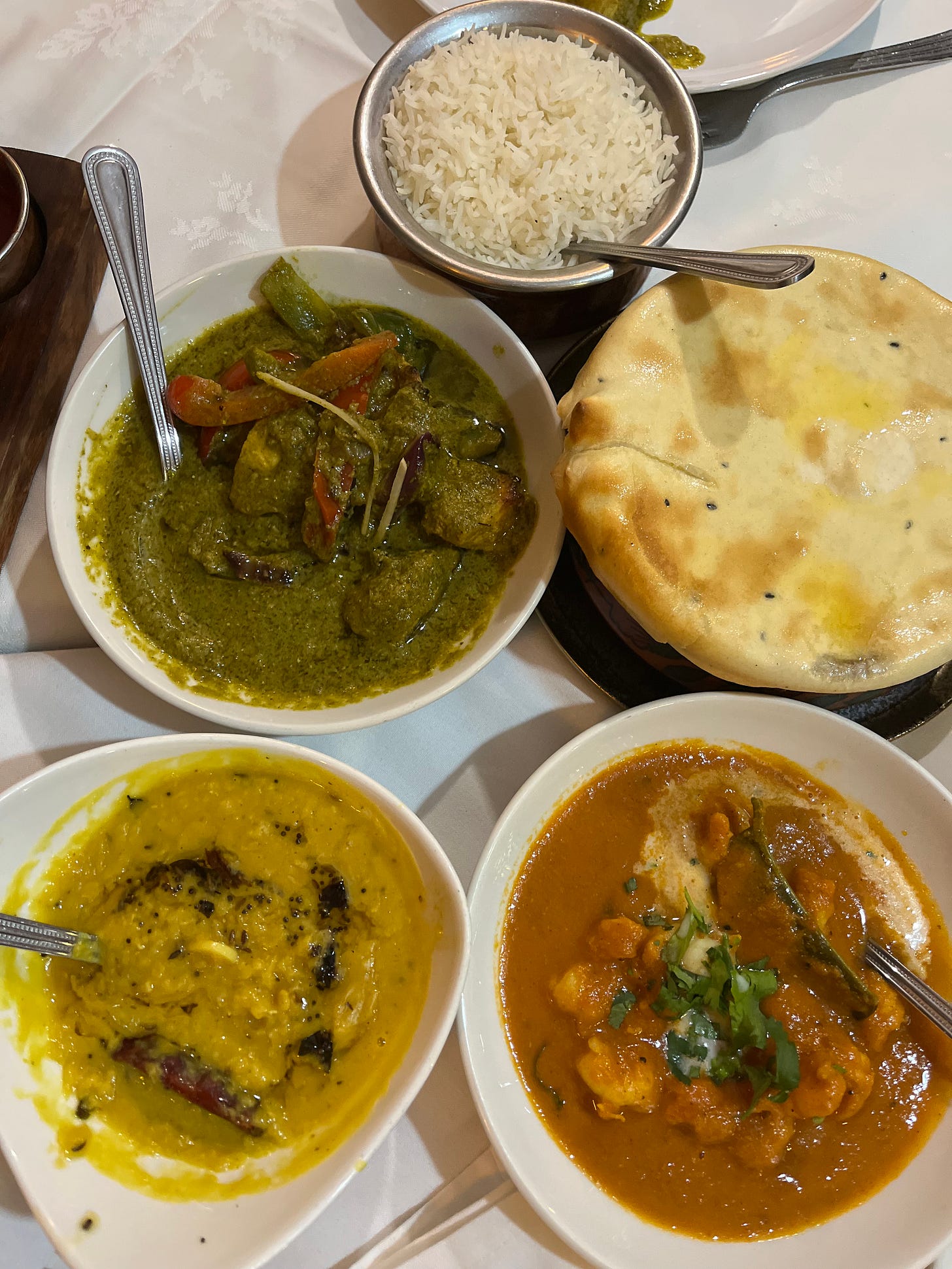The Undercover Elixir
healing benefits of sleep, thoughts from the Hello Brain Exhibition
Hello readers, it’s been a long minute.
I hope you have been well. Life heightened its demands on me for a while. But I have missed this space and been itching to catch you up.
When things become intense and it seems like you need to be on several things at once, one of the first victims is sleep. We cram more tasks into the time we take from our recharge outlet and then get more and more exhausted.
Eat well. Keep fit. Drink Water.
You hear more of this, but hardly the same attention is given to sleep. The number of hours required by each of us per day slightly varies but it is estimated that many adults are not getting adequate amounts of sleep. What does this lad to? A state of balance that is often pathologized and medicalized. Not sleeping nearly enough makes you grumpy and tired throughout the day.
A few days ago, I attended the Hello Brain exhibition at the Francis Crick Institute. Colourful, ambient, quiet, and calming are some of the qualities it evoked. The architecture itself was a marvel. One stand focused on sleep, showing the incredible neural activity that happened in the brains of zebras while they slept. This was useful for their day-to-day awake hours. It made me wonder how much humans are losing out on by missing hours of sleep. What vital neural processes for our optimum functioning are we losing?
To what extent does this problem impact current realities? A lack of sleep disrupts our attention and concentration levels, ultimately making our daily tasks more tedious. Most people know how this problem can have far-reaching consequences for drivers or pilots. Yet we make many professionals work extended long hours without adequate time to rest in between shifts. This can in turn make people more irritable and strain relationships. Spending sleep hours on finishing our day, therefore, becomes counterproductive as it impacts the next day negatively, creating a hard-to-escape cycle. For many groups such as young parents, carers, students, with one emotional burden, sick or workers, insomnia may be more pronounced.
Many of the body’s organ systems use sleep to conduct repair, rest, and build. Our temperatures drop, alongside the heart rate. The brain carries put a lot of beautiful work in this time, some of which we experience as dreams. Memory and cognition are maintained in top shape when we sleep well. Think of it as a time to reboot. Our ability to develop sound judgments and decision-making skills is affected by sleep. The body also works on bolstering a solid defence system during this time, boosting immunity. We need this to fight off the ever-present threat of diseases. Weight regulation is yet another benefit to taking this seriously. Something to add to weight control plans. Getting this right has extensive good effects for many weight-related conditions.
You might not be the only one who has had enough of Linked In announcements. It seems like a place of perpetual excitement.
Understanding what is being lost and the detrimental impact lack of proper sleep has on everyone may help us find ways to support sleep restoration on personal and systemic scales. Are many things you see in your daily life starting to make more sense at this point? If more people get the sleep they need, our world would be so different. Imagine fewer wars, more rational economic policies, less toxic workplaces, more loving relationships, and a better life for all.
Book Rec
I am currently reading Manchester Happened by Jennifer Nansubuga Makumbi. A collection of stories of the Ugandan diaspora in Manchester and their descendants, it details the wide spectrum of experiences of immigrants. It is great in many ways and felt intimately familiar. In some ways, you see the similarities and kinship shared by distinct African cultures.
Reading this gives so much meaning and intimacy. The author is skilled at explaining unfamiliar intricacies whilst still preserving the complexities and uniqueness. Humour is a river coursing through the narration, that takes some of the heaviness off your shoulders. Meeting Jennifer in her Kintu book reading back at the Ake Festival some years ago adds a layer of understanding to this novel.
The book presents topics like marginalization, intra-racial romantic rejection, domestic abuse, and generational feuds carried over from home through an unexpected lens. This brings elements of suspense, a feat for short stories. Immigrant stories such as these; told unabashedly, devoid of self-pity with a strong sense of hope are necessary.
Tech
After the exhibition, we shared dinner at Chutneys and had enlightening conversations about several topics. LinkedIn for career development came up. Thank you Javed. You might not be the only one who has had enough of Linked In announcements. It seems like a place of perpetual excitement. Like clones, too many posts start with “I’m excited to..” It is almost as if no one fails or struggles on that app. As many go there to seek motivation or build their professional portfolio, this may have a counter effect on morale.
Despite these, there is more to the platform. Delving into these and finding out how it can help your career can be the change it needs. This is a place where your creativity is rewarded for merit rather than popularity. People within your network and those who learn from you are more inclined to interact. Why not put in the work? Share your successes and your challenges. Talk about your failures, if you are brave. Be known for certain things so people can identify you with that niche. Some opportunities knock on your door just from this.
What you post, what you interact with, and what you share to create a profile of you that shows up to recruiters. Paying more attention to this can yield results for you that are relevant to your needs.
For all the overwhelming aspects that make some people want to ditch it, the platform still has immense growth potential. Leverage it for your success.




